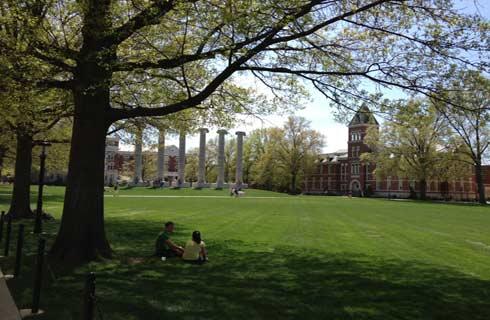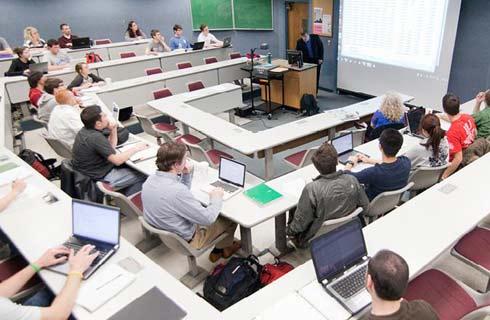土木工程理学硕士-水利工程
Master of Science in Civil Engineering - Water Resources Engineering

学历文凭
Masters Degree

专业院系
Civil, Environmental, and Construction Engineering

开学时间

课程时长

课程学费

国际学生入学条件
IDP—雅思考试联合主办方

雅思考试总分
6.5
- 雅思总分:6.5
- 托福网考总分:80
- 托福笔试总分:160
- 其他语言考试:NA
CRICOS代码:
申请截止日期: 请与IDP联系 以获取详细信息。
课程简介
The Water Resources Engineering track in the Civil Engineering MS program reflects the very broad nature of the field, which encompasses the design, construction, and enhancement of the<br>sustainable infrastructure for society. The program’s course work focuses on water resources modeling, hydraulics and hydrology. Students enrolled in the Master of Science in Civil Engineering (M.S.) program can choose to pursue the Water Resources Engineering track, which trains students to manage the usage, storage, conveyance and interaction of water between the built and natural environment. Water resources engineers work on pipes, conduits, pumps, wells, dams, green roofs, roadways and dams. They consider ecology and the environment, climate change, hurricanes and storm surge, and large-scale systems such as rivers, estuaries and oceans.
相关申请
 预科
预科 奖学金
奖学金 实习机会
实习机会 在校学习
在校学习 跨境学习
跨境学习 校园授课-线上开始
校园授课-线上开始 在线/远程学习
在线/远程学习
开学时间&学费
学费信息仅供参考,请与IDP联系以获取详细信息
| 开学时间 | 时长 | 学费 | 地点 |
|---|
学校排名

世界排名601
数据源:
泰晤士高等教育世界大学排名
关于中佛罗里达大学

中央佛罗里达大学(UCF)提供 220 多个本科课程,旨在培养学生掌握未来所需的技能。UCF 拥有专业的师资队伍、先进的教学设施,并专注于创新研究,致力于为各种背景的学生提供更多的学术机会。UCF 提供从工程、科学、医疗保健到酒店管理和艺术等一系列学科的课程。UCF 的主要教学和研究领域包括空间技术与系统、能源与可持续发展、变革性技术、健康、娱乐,并通过身临其境、亲身体验的方式进行教学。UCF全球部的预科课程是通往 UCF 学位的大门。该计划专为国际学生量身定制,是一种独特的一年级体验,不仅帮助学生过渡到 UCF 和美国文化,还允许他们选修可计入学位的本科课程,使他们在四年内顺利毕业。学生们将受益于持续的学术和文化支持,确保他们在课堂内外都能取得成功。在UCF,学术顾问会为学生提供个性化指导,帮助他们顺利完成第一年及以后的学业,确保他们在从全球部到毕业的整个学业旅程中打下坚实的基础。UCF 全球部的预科课程每学期学费为8500美元,在为学生在高需求行业就业做好准备的同时,还提供了卓越的价值。UCF 还通过其全球部提供强化英语课程。在中央佛罗里达大学(UCF),国际学生可以通过影响深远的强化英语课程充分释放自己的学术潜能,为成功攻读本科和研究生学位做好准备。UCF 的学术英语课程提供九个级别的沉浸式课程,每个级别相当于 6-8 周的课程,每个学期有两个级别。通过每周 24 小时的教学,学生可迅速提高语言能力,以适应 UCF 严格的学术课程。该课程的结构设计可确保学生取得稳步进展,帮助学生掌握学术英语,同时满足他们在 STEM、工程、网络安全和酒店管理等高需求领域攻读学位的愿望。完成该课程第 8 级的学生可免除 UCF 的托福或雅思入学要求,从而助力他们的学业成功之路。为了增加灵活性,UCF还提供在线英语课程,使学生可以在世界任何地方开始学习。无论是在校学习还是在线学习,UCF的英语课程都能为学生提供所需的语言技能和学术基础,帮助他们在这所致力于创新和探索的全球性大学中茁壮成长,并培养学生未来的领导力和影响力。奥兰多不仅是学习的好地方,也是生活的乐土!这里有举世闻名的游乐园、阳光明媚的海滩、无尽的阳光以及丰富多彩的文化和体育活动,每个人都能在这里找到属于自己的乐趣。UCF 为留学生提供了世界一流的教育和充满活力的城市生活的完美结合。作为科技、旅游和酒店等行业的中心,奥兰多提供了无限的就业机会。UCF 的学生来自 150 多个国家和地区,多元化的学生群体促进了创新与合作。学生们在享受奥兰多充满活力的文化和行业关系的同时,还能获得变革性的学术体验,为他们在全球劳动力市场上的领导地位做好准备。
本校相关课程
其他相关课程
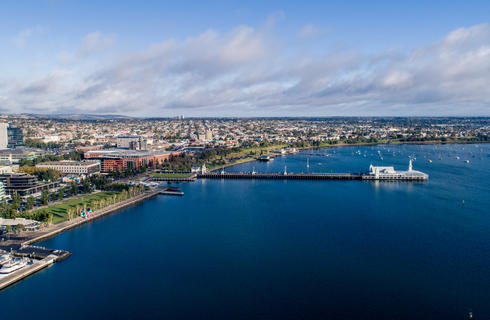
森林工程理学硕士
 新不伦瑞克大学
新不伦瑞克大学学历文凭
Masters Degree
开学日期
课程费用总额


森林工程学硕士
 新不伦瑞克大学
新不伦瑞克大学学历文凭
Masters Degree
开学日期
课程费用总额

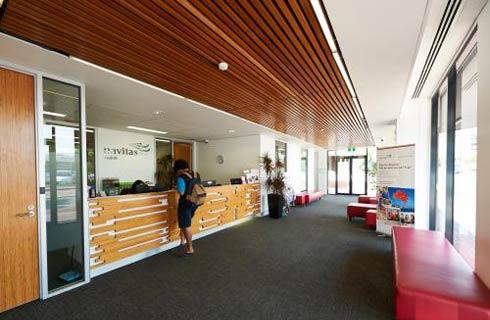
水下航行器技术联合文凭/技术学士
 纽芬兰纪念大学
纽芬兰纪念大学学历文凭
Bachelor Degree
开学日期
课程费用总额

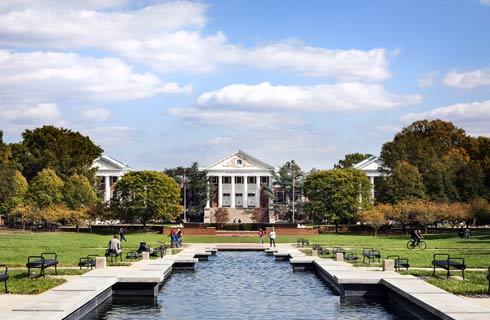
水和废水技术员证书
 北阿尔伯塔理工学院
北阿尔伯塔理工学院学历文凭
Bachelor Degree
开学日期
课程费用总额


水资源工程(荣誉)学士学位
 圭尔夫大学
圭尔夫大学学历文凭
Bachelor Degree with Honours
开学日期
课程费用总额

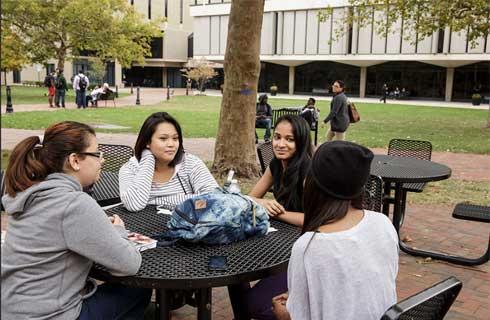
工程哲学博士-水利工程
 圭尔夫大学
圭尔夫大学学历文凭
Ph.D.
开学日期
课程费用总额










 美国
美国

